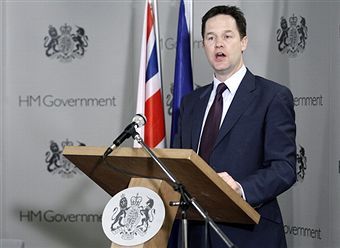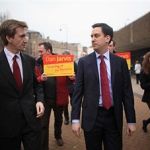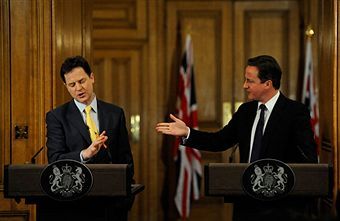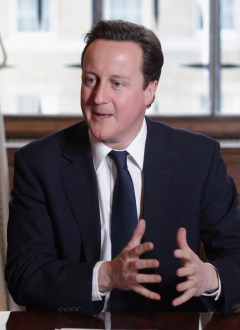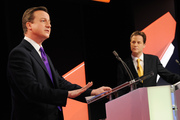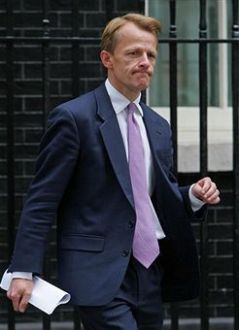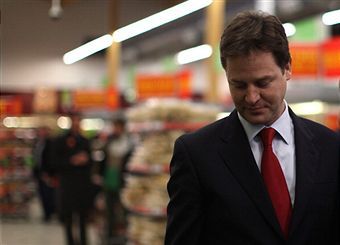Clegg’s unedifying slip reveals an underlying truth
Project Merlin, the deal between the government and the banks, was meant to turn the page on banker bashing. But the deputy prime minister is still stuck on the previous page, telling Radio Sheffield today ‘I want to wring the neck of these wretched people’ the bankers. The language isn’t very statesmanlike and is sure to infuriate many of his coalition colleagues (it is also hardly sensible for the deputy prime minister to be using language which appears to condone violence ahead of a conference where the police are preparing to deal with a riot). But it does reflect a political reality: the banks remain public enemy number one.




